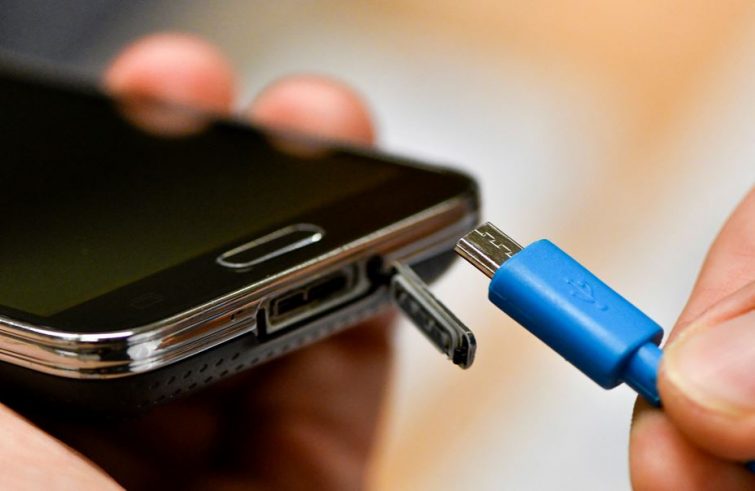
(Strasbourg) The green lights to an additional 3.5 billion euros to cope with the consequences of the war in Ukraine is expected to come later today from Strasbourg, where the European Parliament has been convened for its plenary session. The MEPs discussed yesterday and will vote today on simplified rules on the use of EU regional funds. “The EU Commission’s Fast-Care (Flexible Assistance for Territories) proposal – as they explain from the European Parliament – simplifies the rules for using cohesion funds to mitigate the consequences of Russia’s attack on Ukraine and involves an additional bridging loan of 3.5 billion euros in 2022 and 2023”. The procedure for the proposal has been sped up by the Committee on Regional Development to provide timely aids to the countries and regions of the Union that have a high number of refugees coming from Ukraine “and to mitigate the delay in investments resulting from the high energy prices and the shortage of raw materials and labour”.
Also today, the European Parliament is expected to finally approve the new law that would provide a EU-wide solution for recharging mobile phones, tablets and other electronic devices. “According to the directive, which is part of a broader effort to make EU products more sustainable, reduce electronic waste and make consumers’ lives easier, a number of small- and medium-sized electronic devices, such as smartphones, tablets, video cameras and earplugs, shall be provided with an USB type-C port by the end of 2024”. In addition, such directive will further harmonise fast-charging technology “as well as providing consumers with clear information about recharging specifications and enabling buyers to choose whether to buy new electronic devices with or without a recharging device included in the package”.
The intended purpose of the directive is that “such new requirements may lead to reuse a greater number of battery chargers and help consumers save up to 250 million euros a year on the purchase of unnecessary chargers. Unused and disposed-of battery chargers produce approximately 11,000 tons of electronic waste a year.
